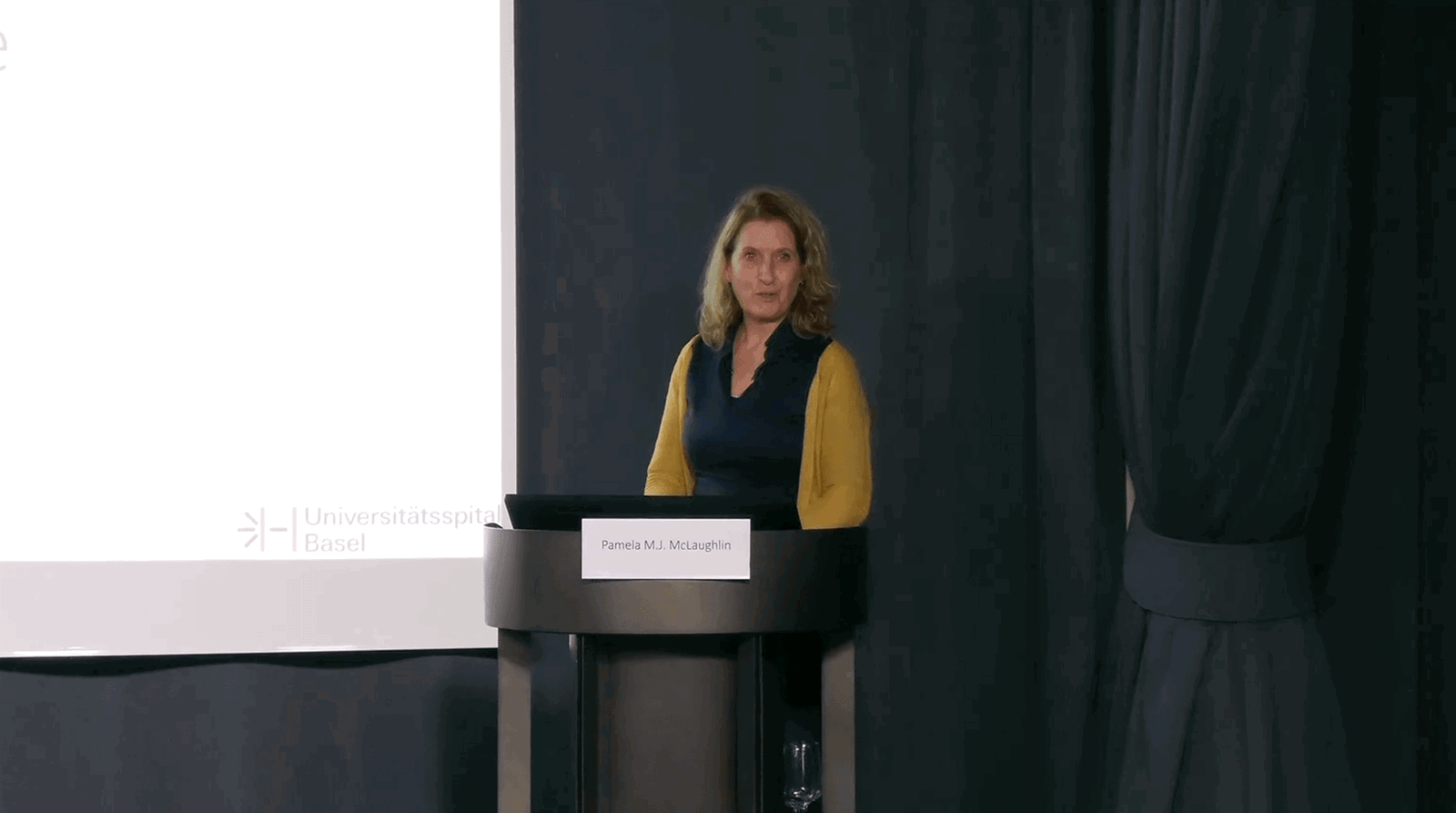Our FHIR Platform Transforms Gynecological Clinical Study
across Multiple Countries and Multiple sites.
across Multiple Countries and Multiple sites.
Introduction
This case study highlights the successful implementation of our FHIR platform for digital medical forms in a large-scale, multinational gynecological clinical study conducted in Germany, Austria, and Switzerland. The study involved multiple sites and required the participation of a large number of participants. The implementation of our platform for digital revolutionized the research process, resulting in improved efficiency, data accuracy, participant engagement, and significant cost savings..
Situation Before Implementation at Universitätsspital Basel
Prior to implementation, the gynecological clinical study at Universitätsspital Basel relied on paper-based materials for data collection and administration. The situation was characterized by high administrative burdens, a substantial error rate due to human factors, low user-friendliness, limited participant response rates, high costs, and suboptimal data quality.
Key Success Factors
- Adoption of our platform: The implementation of our comprehensive played a pivotal role in transforming the clinical study. We accommodated the requirements of the study, which involved multiple countries, up to 55 different sites, and support for multilingual questionnaires in German, French, and English.
- Improve App: Universitätsspital Basel incorporated our Improve App, which served as the primary tool for participants to complete three different questionnaires over a period of seven years. The app’s user-friendly interface and multilingual support facilitated high participant engagement and response rates.
- Integration of Medical Wearables: To enhance data collection, we included integration of medical wearables. These devices collected additional data from study participants, providing valuable insights into various physiological parameters. The integration of wearable technology further enriched the study’s dataset.
- FHIR APIs and Coding Systems: our platform utilized Fast Healthcare Interoperability Resources (FHIR) APIs and coding systems to enable seamless integration of data into the Case Report Form (CRF) file. This automation eliminated manual data entry, reducing human errors and ensuring data accuracy.
Benefits and Impact
- Efficiency and Ease of Administration: The transition from paper-based materials to a fully digital solution significantly reduced administrative burdens. Research staff across multiple sites could easily access and manage study data, resulting in improved efficiency and streamlined processes.
- Error Reduction: The implementation of our digital medical forms platform minimized the error rate associated with human factors. The automation of data importation through FHIR APIs and coding systems eliminated manual transcription errors, resulting in higher data accuracy.
- Participant Engagement and Response Rates: Our user-friendly Improve App and multilingual support greatly enhanced participant engagement and response rates. The convenience of completing questionnaires through the app contributed to sustained participant involvement over the seven-year study period.
- Cost Savings and Operational Maturity: The adoption of our platform led to significant cost savings by eliminating the need for paper-based materials, printing, and manual data entry. The study achieved operational maturity by leveraging our platform’s capabilities and optimizing resource allocation.
- Improved Data Quality: Our solution ensured high-quality data by automating data collection, integration, and coding. The seamless flow of data from our Improve App and medical wearables into the CRF file improved the integrity and reliability of the study’s dataset.
Conclusion
The successful implementation of our FHIR platform for digital medical forms in a multinational gynecological clinical study resulted in numerous benefits and transformative outcomes. The shift from paper-based materials to a fully digital system significantly improved efficiency, reduced human errors, enhanced participant engagement, and generated substantial cost savings. The integration of our Improve App and medical wearables, along with the utilization of FHIR APIs and coding systems, further contributed to the study’s success. This case study exemplifies the value and impact of digital transformation in advancing clinical research and healthcare practices.


+31 85 333 00 07
info@openhealthhub.com
@openhealthhub
linkedin.com/company/openhealthhub